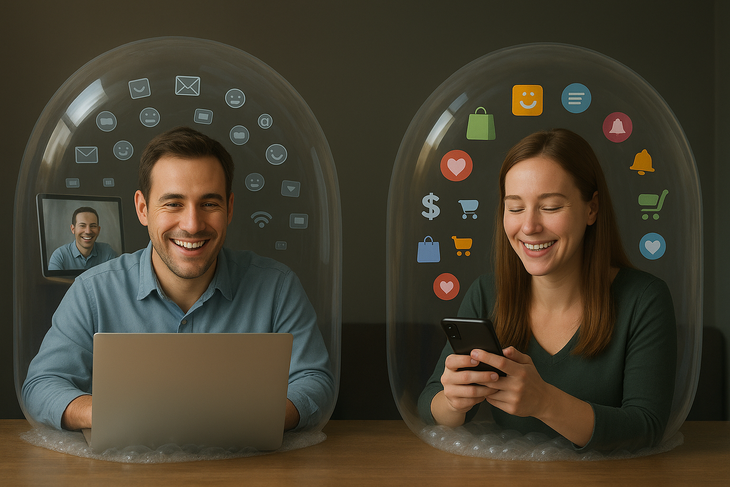
Filter Bubble brings satisfaction to each person's own world
The term Filter Bubble was coined by technology activist Eli Pariser in 2011, warning of the dangerous consequences of algorithms personalizing content too much, distorting the information people receive every day.
You don't choose information, information chooses you.
The Filter Bubble phenomenon is actually not strange, it always happens every second you surf social networks, watch YouTube or search for information on Google.
Every click, every like, or even the seconds you spend reading a piece of content are collected and analyzed by algorithms to better "serve" you. But from there, through the Filter Bubble, you increasingly only see what you care about, leaving no room for different perspectives.
Every time you search online, the results you get can be completely different from the person next to you, even if they type in the same keyword.
For example, when you type the keyword "food" on TikTok, YouTube or Google, if you are a food lover, you will see cooking tutorial videos , delicious restaurant reviews or regional specialties.
If you are interested in nutrition and health, you will receive articles and videos sharing about healthy diets or weight loss recipes... Each information experience is therefore completely different, based on your search history and usage behavior.
Similarly, when searching for the keyword "car", car lovers will see car review videos, the latest price list or promotions from showrooms. Meanwhile, motorbike enthusiasts will receive clips about "tuning" cars, repair instructions or maintenance tips.
Meanwhile, people interested in electric vehicles will be exposed to content praising green technology, although practical difficulties such as infrastructure or cost rarely appear...
Don't let the Filter Bubble blind you
On the surface, Filter Bubbles are convenient, helping users “save time.” But on the downside, they narrow thinking, divide society, and erode critical thinking.
When surrounded by similar views, people easily fall into a state of "everyone thinks like me", thereby losing openness and finding it difficult to accept different perspectives. This is one of the reasons why online debates are increasingly extreme and irrational.
All Internet users, especially young people, the generation that has lived in a digital environment since childhood, are easily drawn into one-way information flows, even being led into toxic, extremist content without knowing it.
Many people think they are “getting the right picture,” but are actually just consuming a version of information that an algorithm has selected for them.
We can't live without technology, but we can definitely live actively with it. Here's what you can do:
- Diversify your sources of information, follow many sites with different viewpoints, read news from international newspapers, and verify information before believing it.
- Ask critical questions about what you read.
In addition, technology platforms need to be more transparent about how algorithms operate, giving users control over the level of personalization. Schools also need to strengthen digital skills education and critical thinking for students/trainees...
Breaking the Filter Bubble not only helps you gain a more comprehensive view, but also contributes to creating a healthier society, where differences are not eliminated, but respected and discussed.
Source: https://tuoitre.vn/bong-bong-loc-filter-bubble-nguy-co-thu-hep-tu-duy-va-chia-re-xa-hoi-2025053012312327.htm






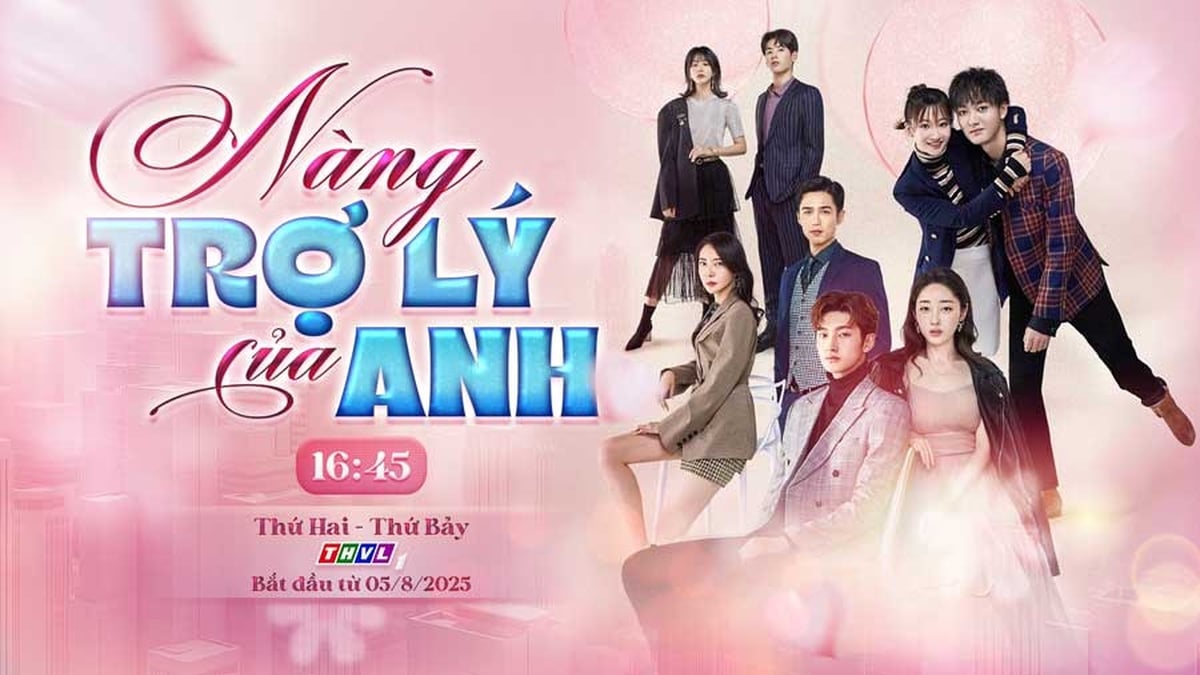
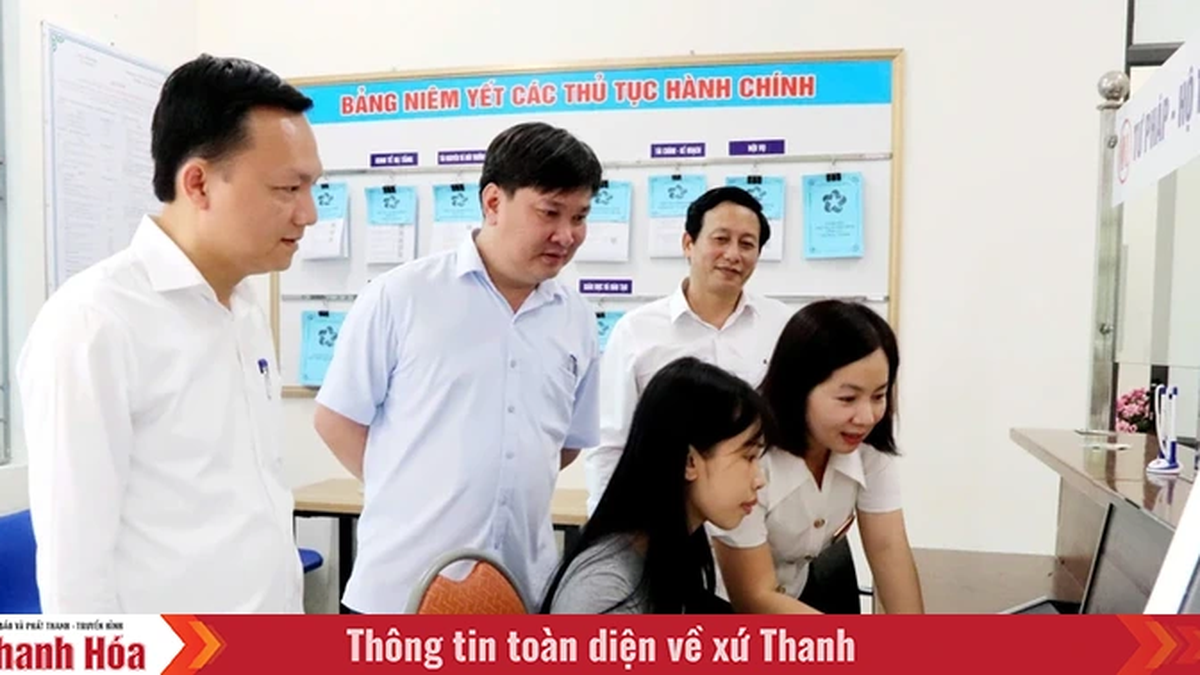

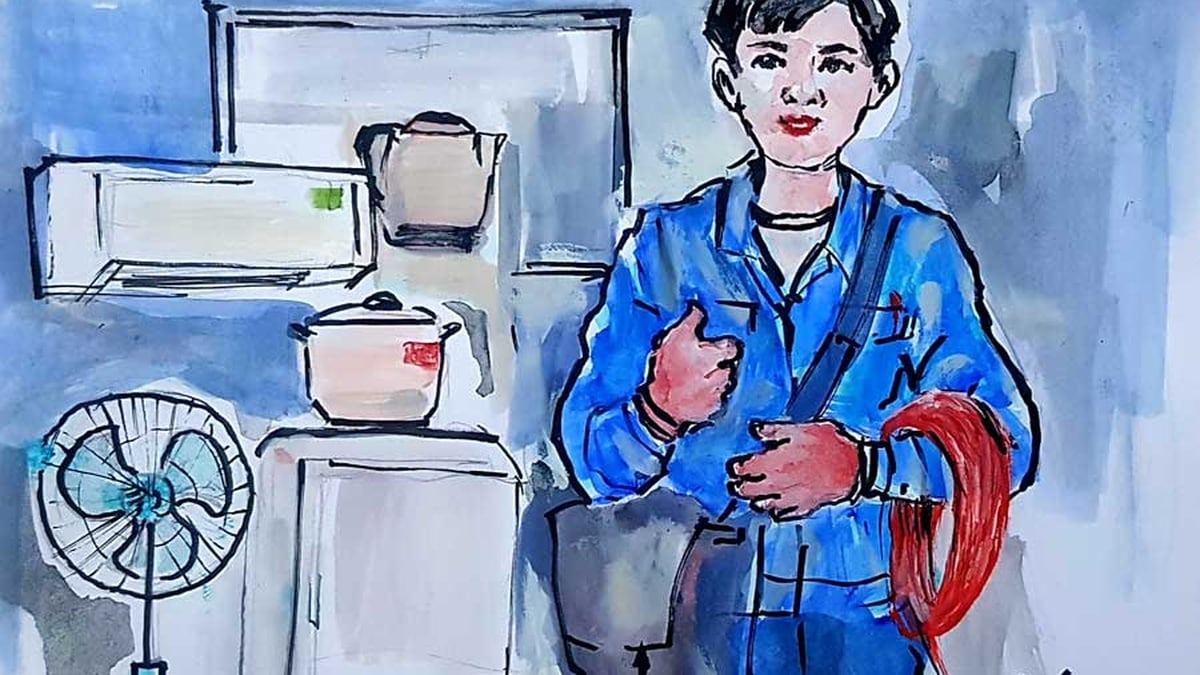
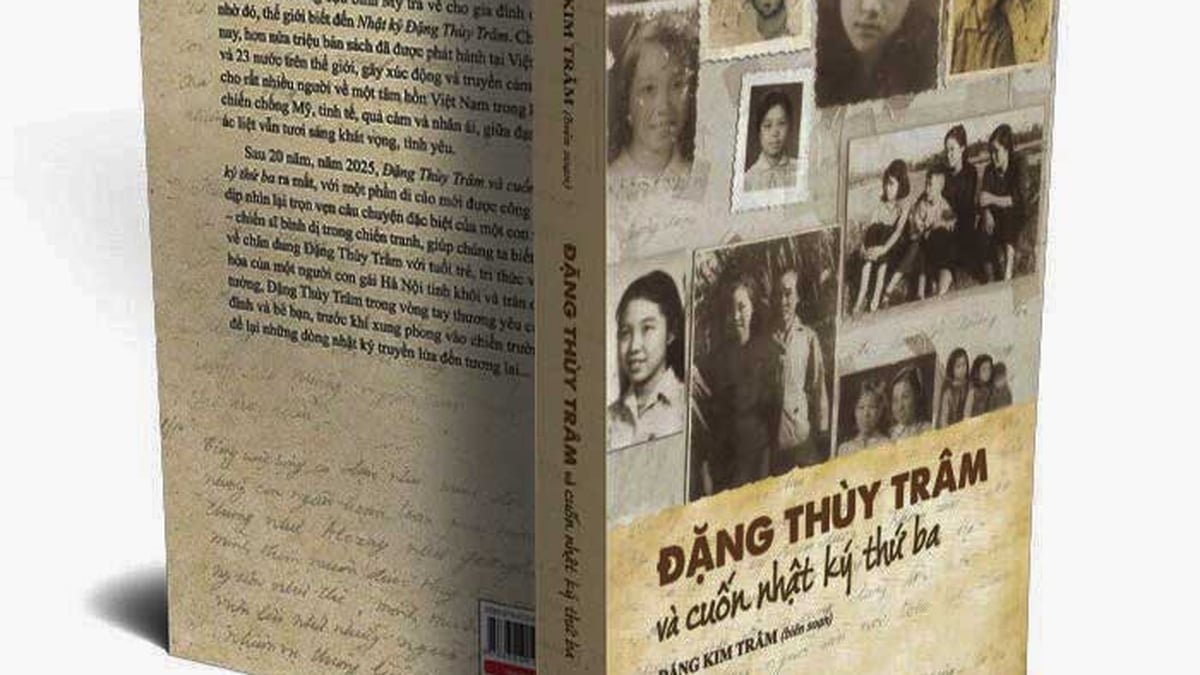
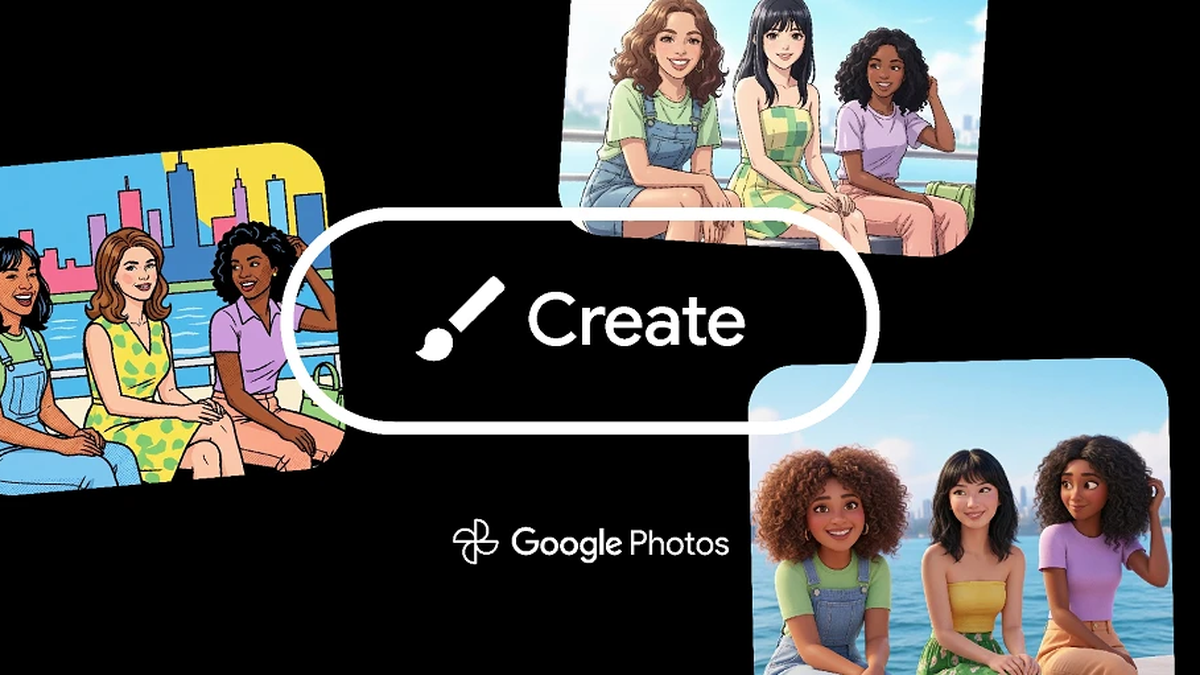






















































































Comment (0)